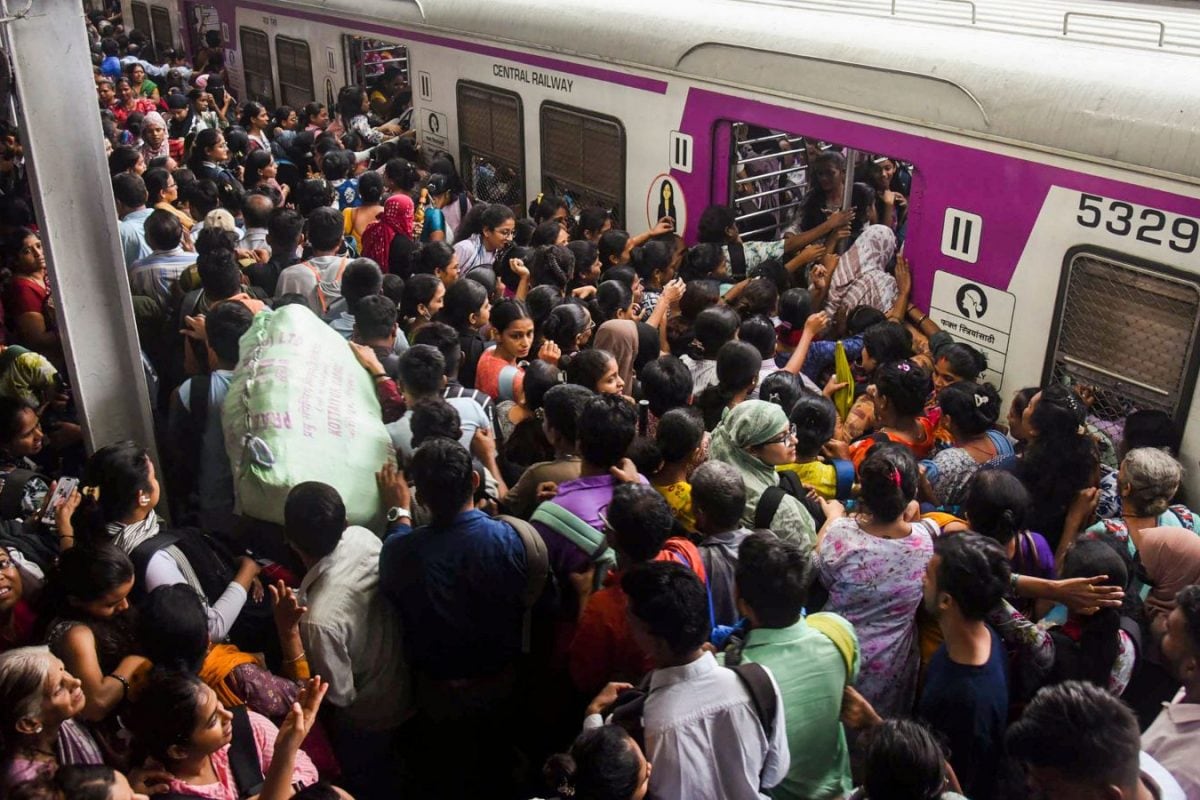

The Maharashtra government is exploring the implementation of staggered office timings for private establishments in Mumbai and the Mumbai Metropolitan Region (MMR) to alleviate the persistent problem of overcrowding on public transport, particularly local trains. This initiative has gained traction as a potential solution to reduce peak-hour congestion and improve commuter safety.
The Rationale Behind Staggered Timings
Mumbai's suburban rail network is the lifeline for millions, carrying nearly 8 million passengers daily. The most intense rush hours are typically observed between 8 am to 11 am and 5 pm to 8 pm, leading to severe strain on platforms and trains. Over the past three years, a staggering 7,565 commuters have died and 7,293 have been injured while traveling on local trains, highlighting the urgent need for effective measures to address overcrowding. The recent death of five commuters who fell from overcrowded trains between Mumbra and Diva stations further emphasized the critical situation.
State Transport Minister Pratap Sarnaik has emphasized that staggering office hours could significantly distribute commuter loads more evenly throughout the day, reducing pressure on local trains, buses, and other mass transit services. The government has already relaxed office timings for government employees by an hour. A special task force is being created to explore similar adjustments for the private sector. The task force will include representatives from the transport department, Indian Railways, and major corporate houses. The group will engage with companies to implement flexible working hours, such as 8 am to 4 pm or 10 am to 6 pm, instead of the conventional 9-to-5 shift.
Will It Ease the Pressure?
The success of staggered office timings in easing pressure on public transport hinges on several factors:
Alternative Solutions and Long-Term Planning
While staggered office timings are a promising step, the Maharashtra government is also exploring other options to improve Mumbai's transport infrastructure. These include:
The implementation of staggered office timings in Maharashtra represents a proactive approach to tackling the challenges of overcrowding on public transport. While its success depends on the participation of large organizations and effective coordination, it is a crucial step towards creating a more commuter-friendly transport ecosystem in Mumbai. The government views the flexible-timing approach as a necessary step toward addressing commuter safety concerns. Combined with alternative transport options and long-term infrastructure planning, staggered office timings have the potential to significantly ease the pressure on Mumbai's lifeline and improve the daily commute for millions.